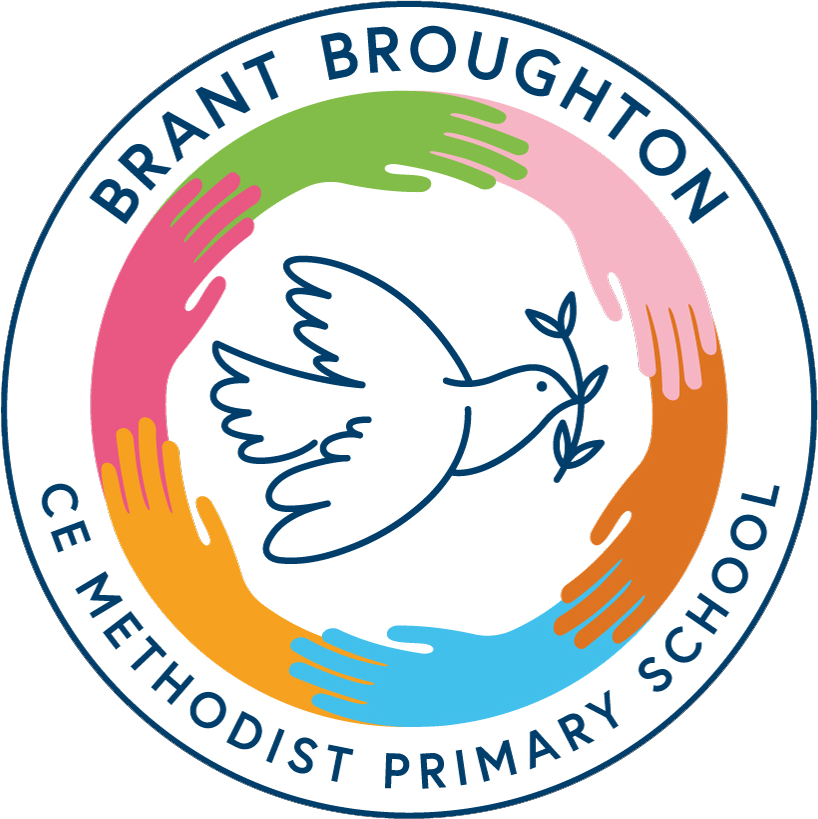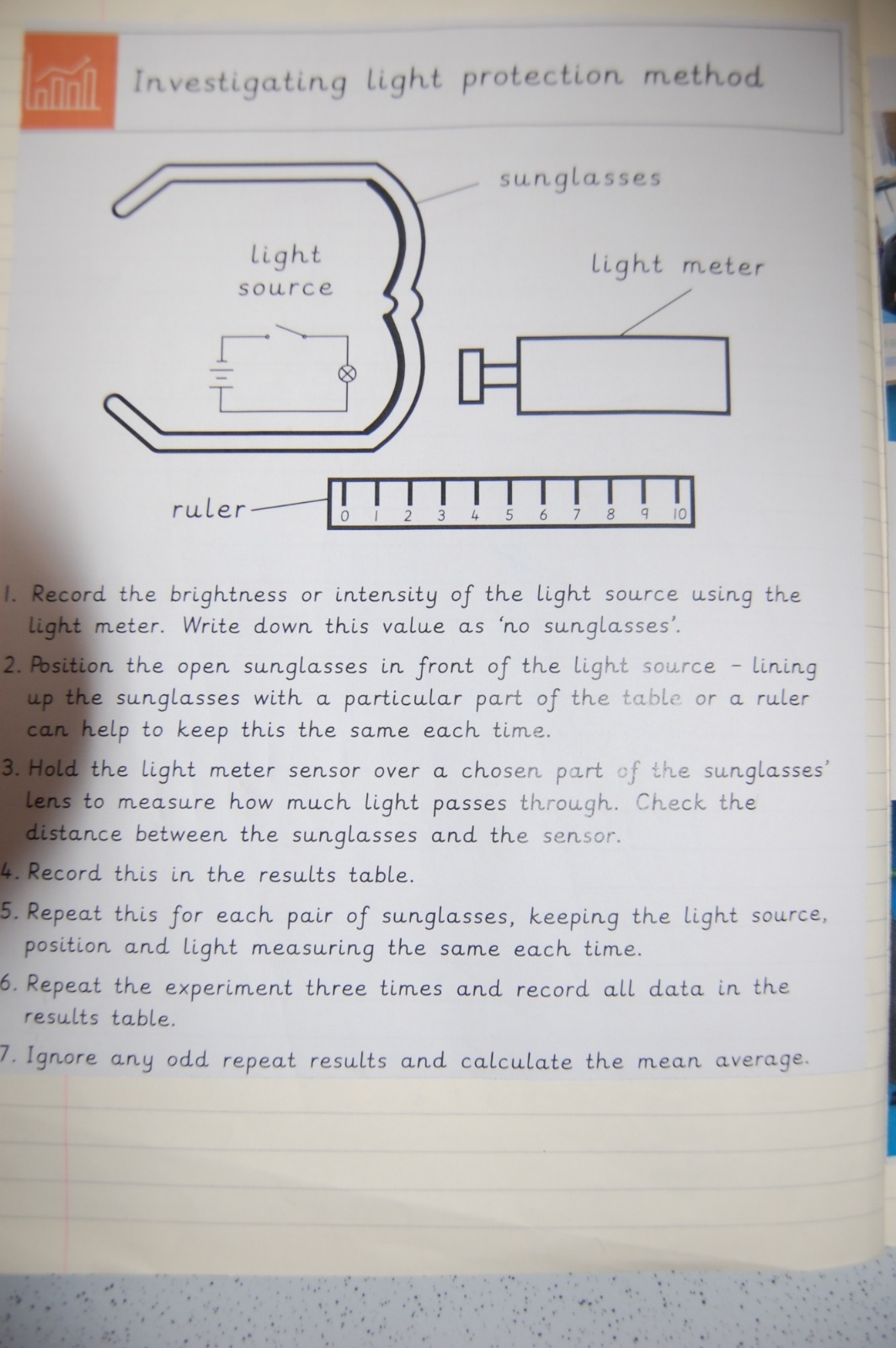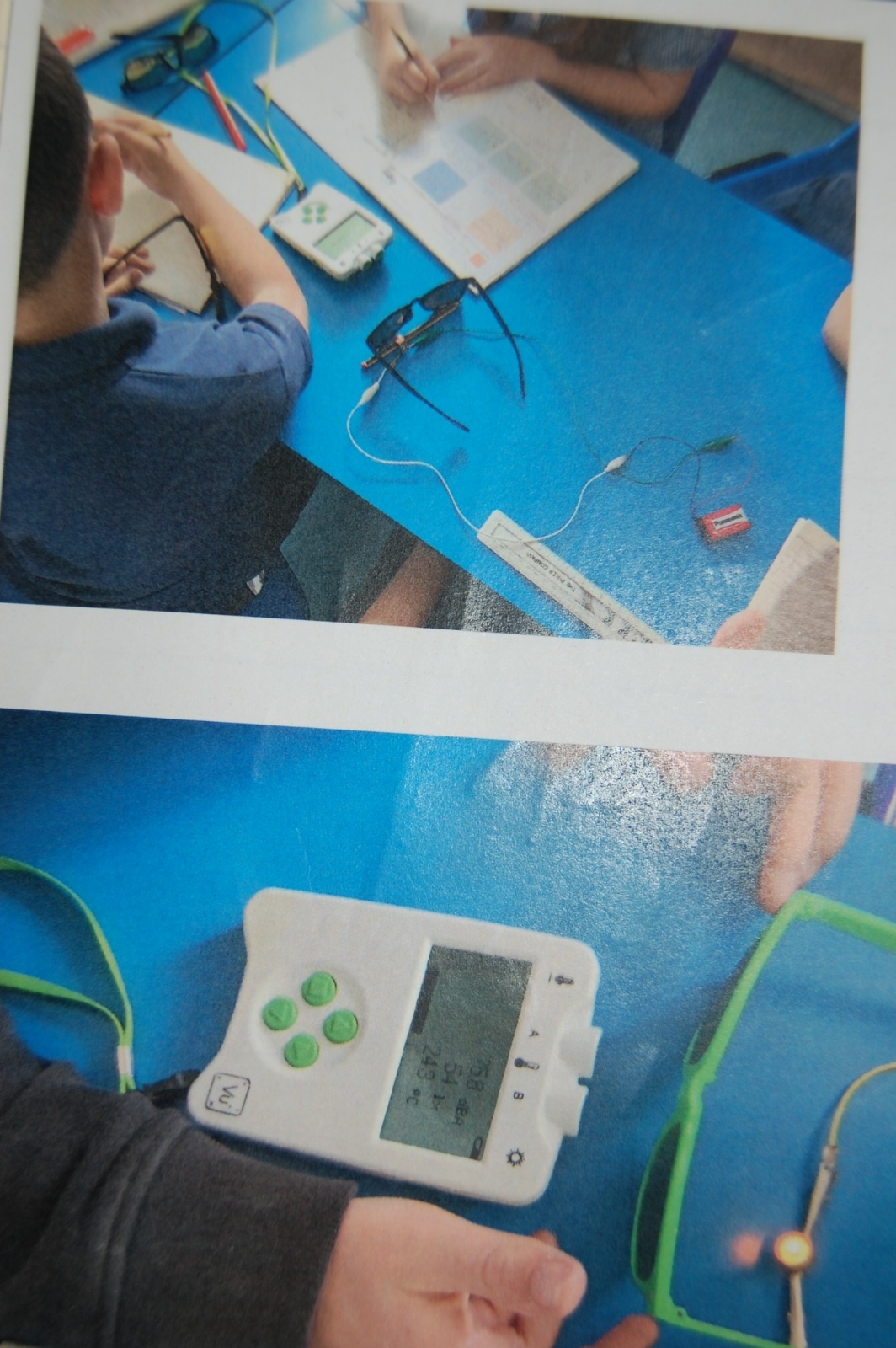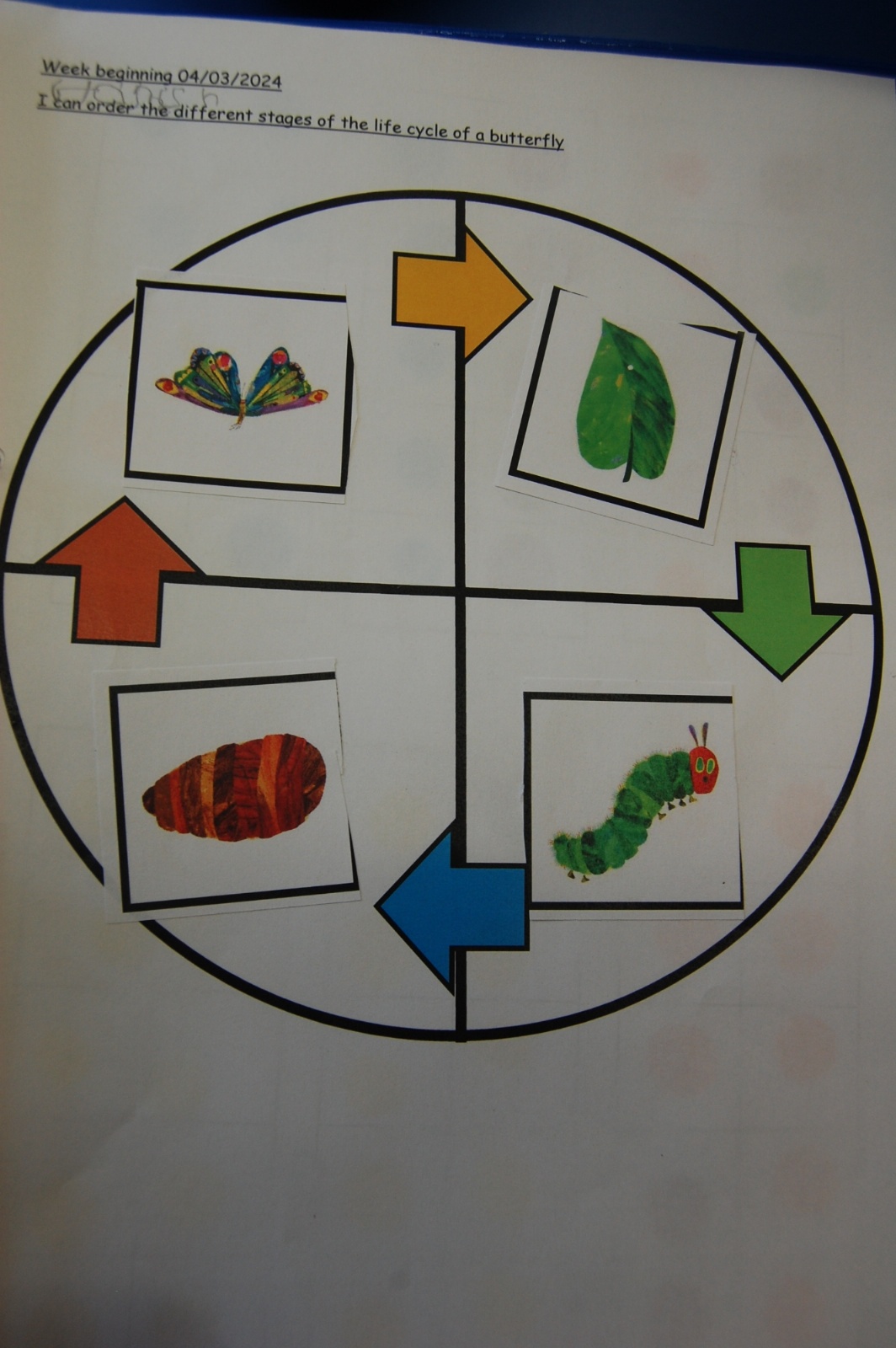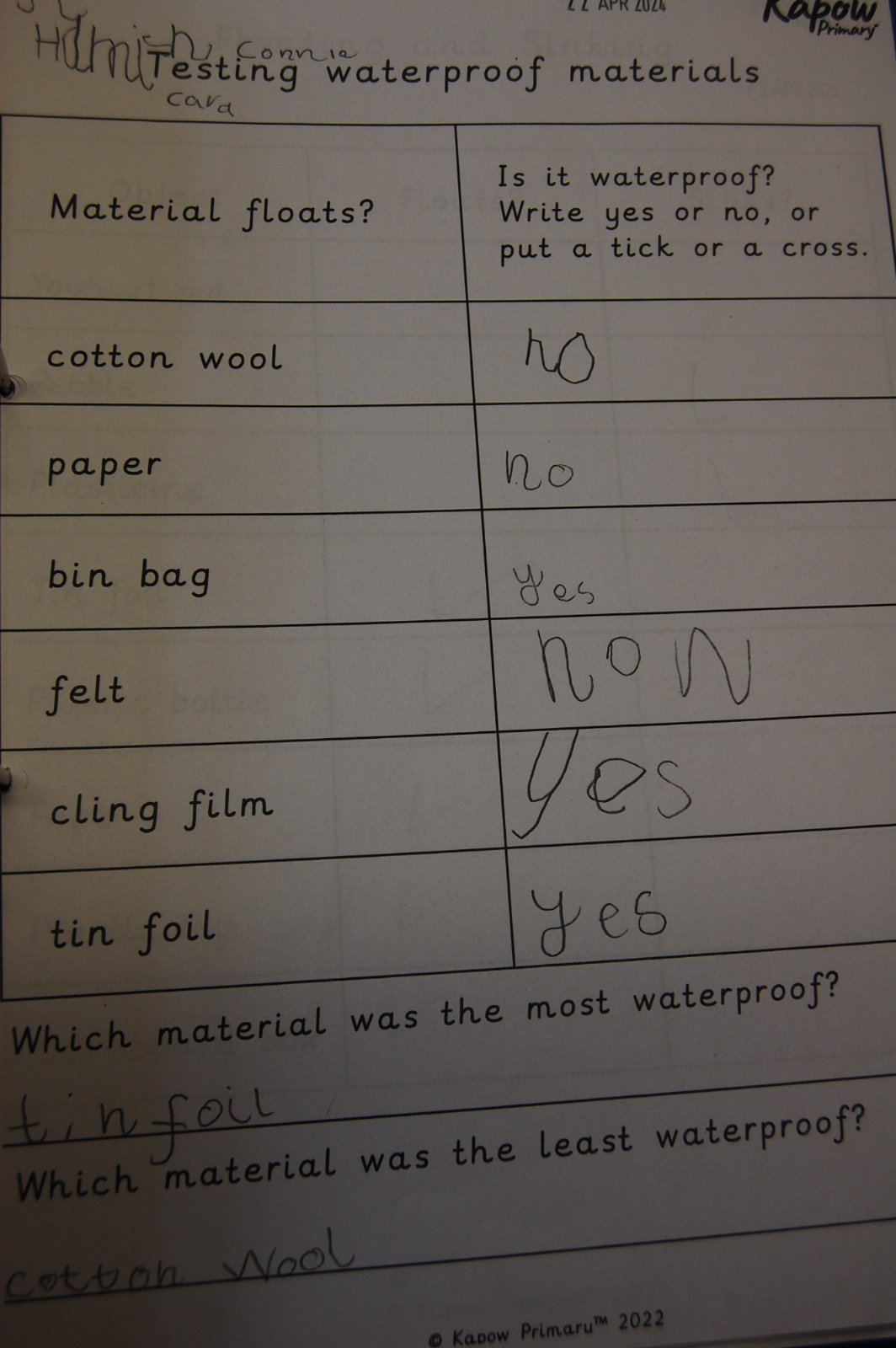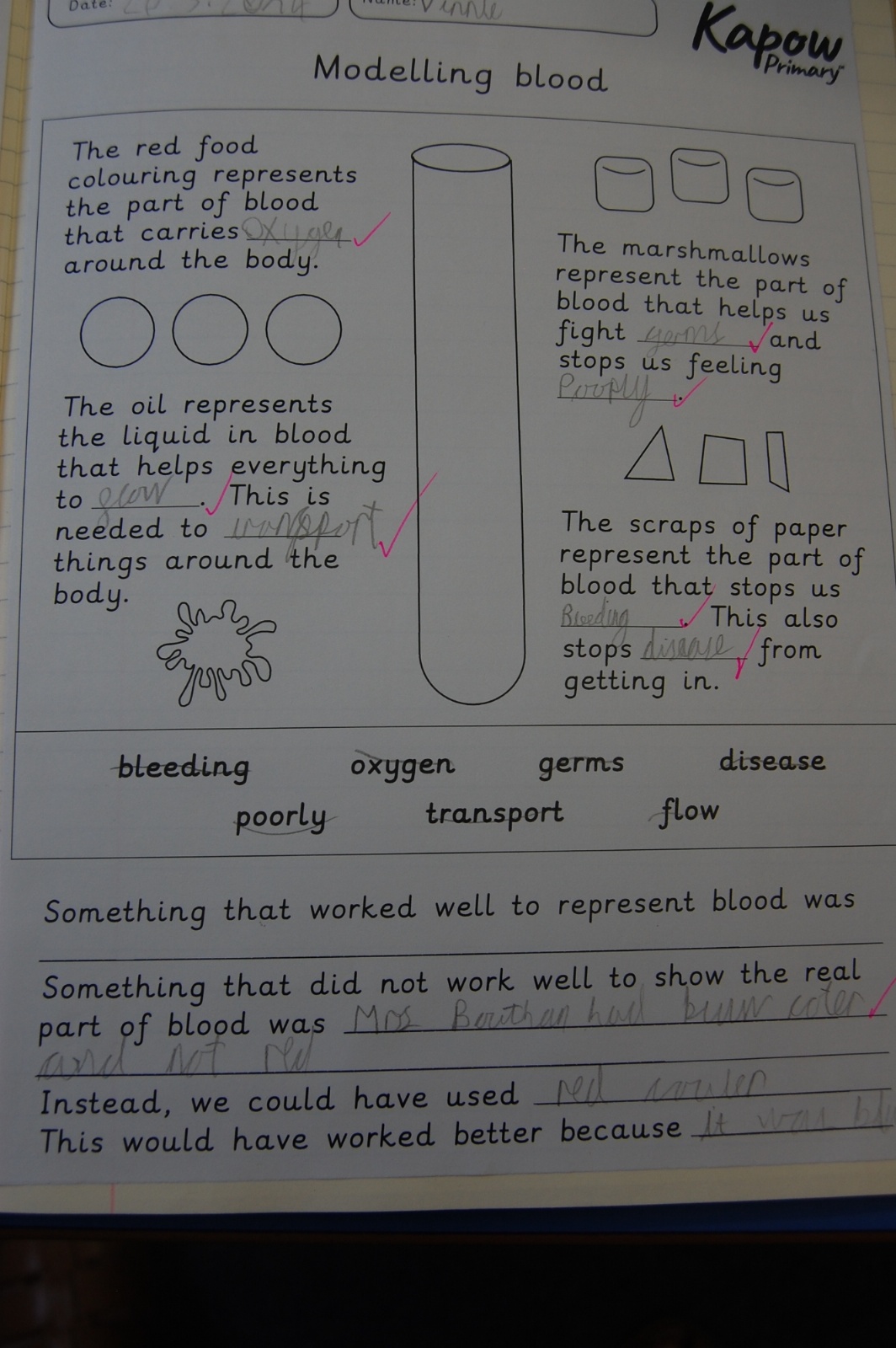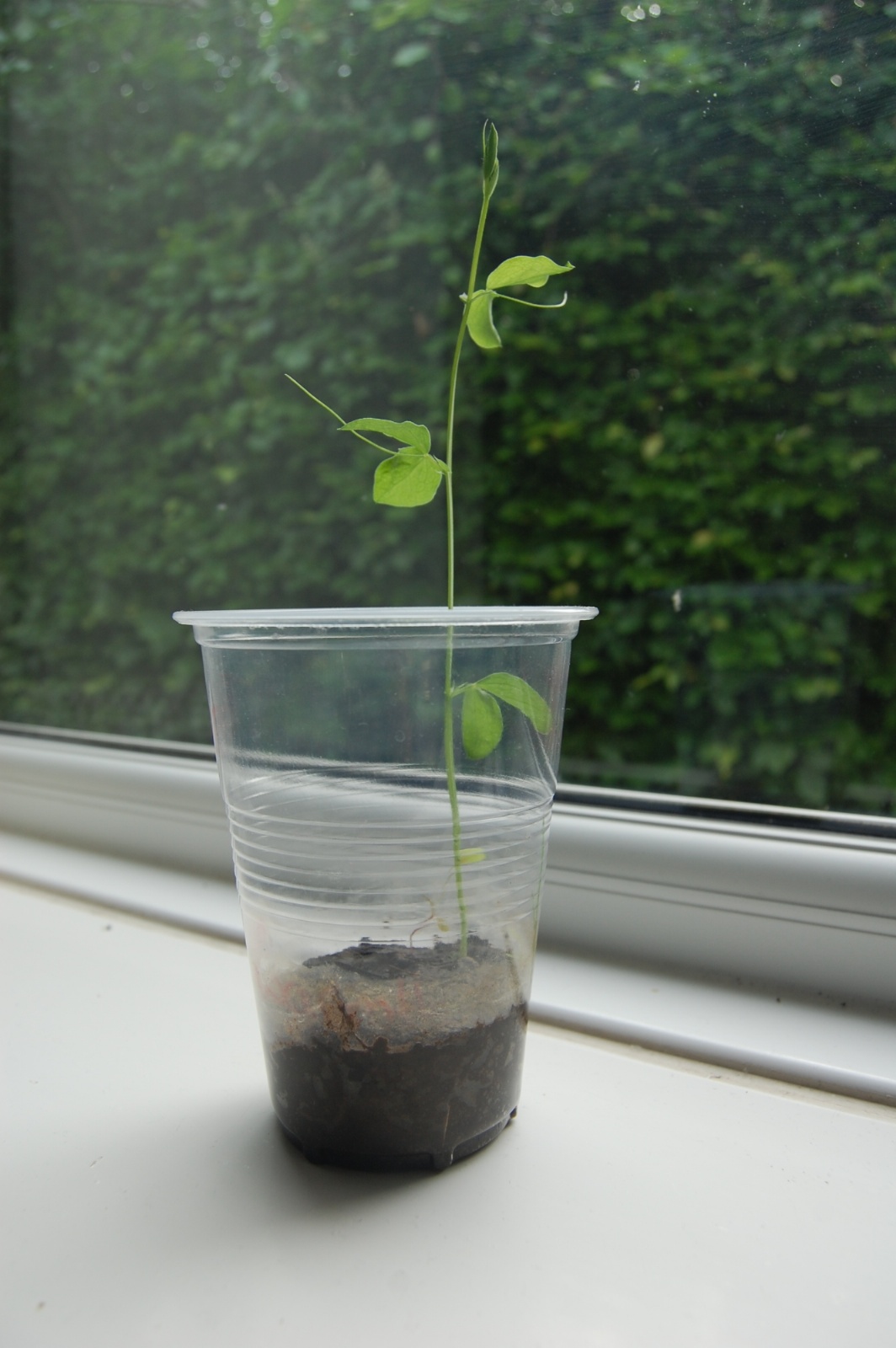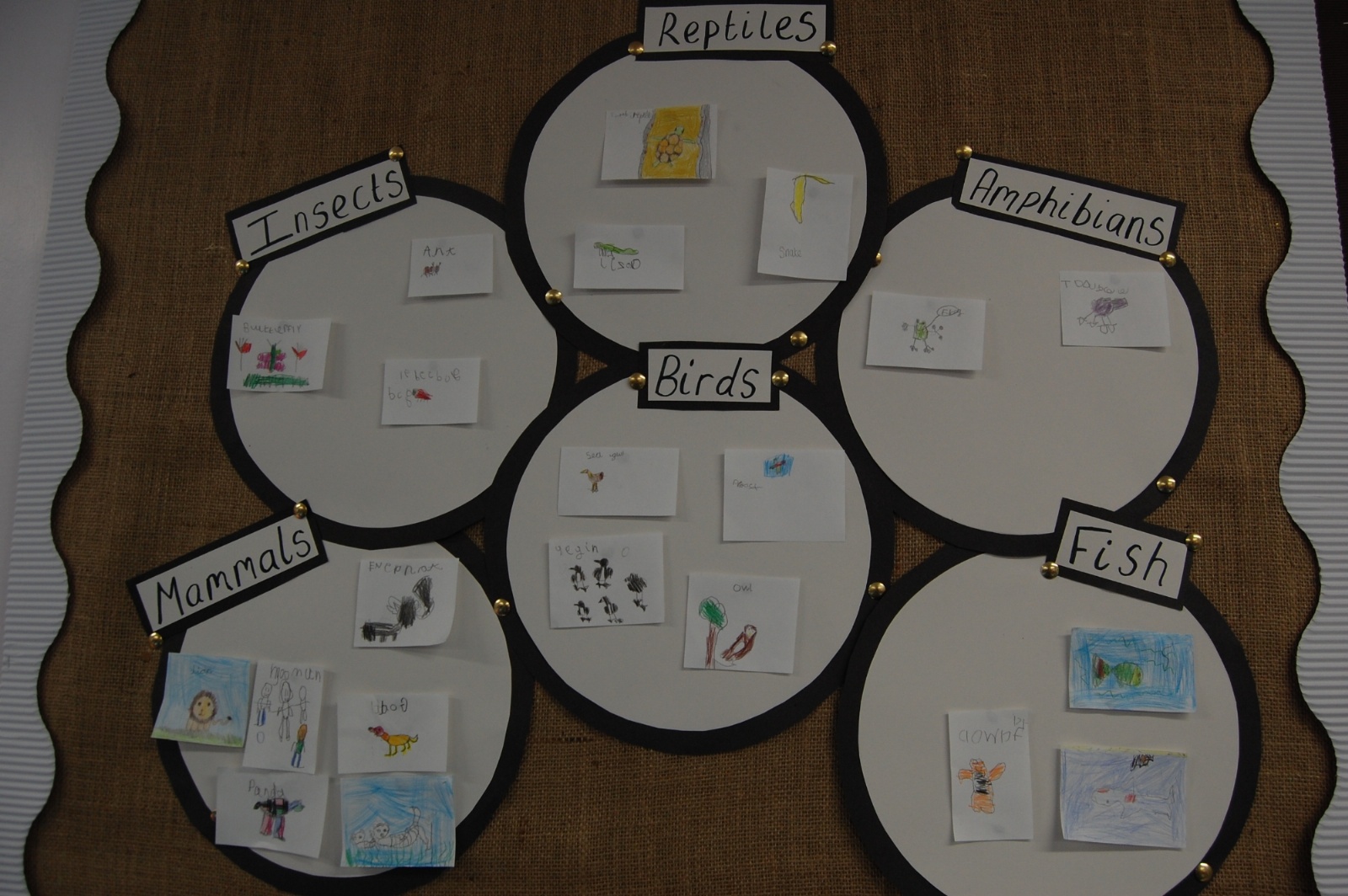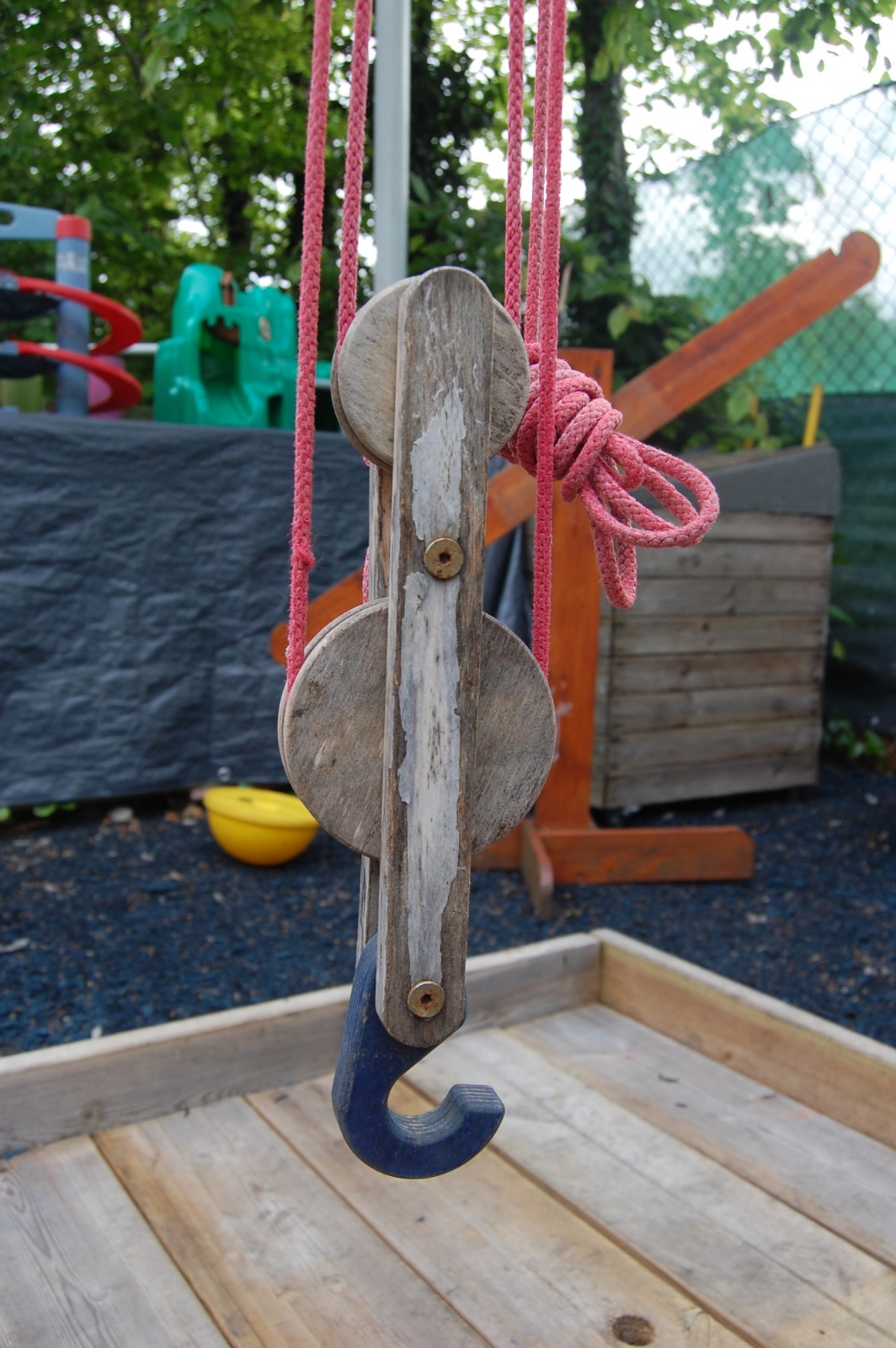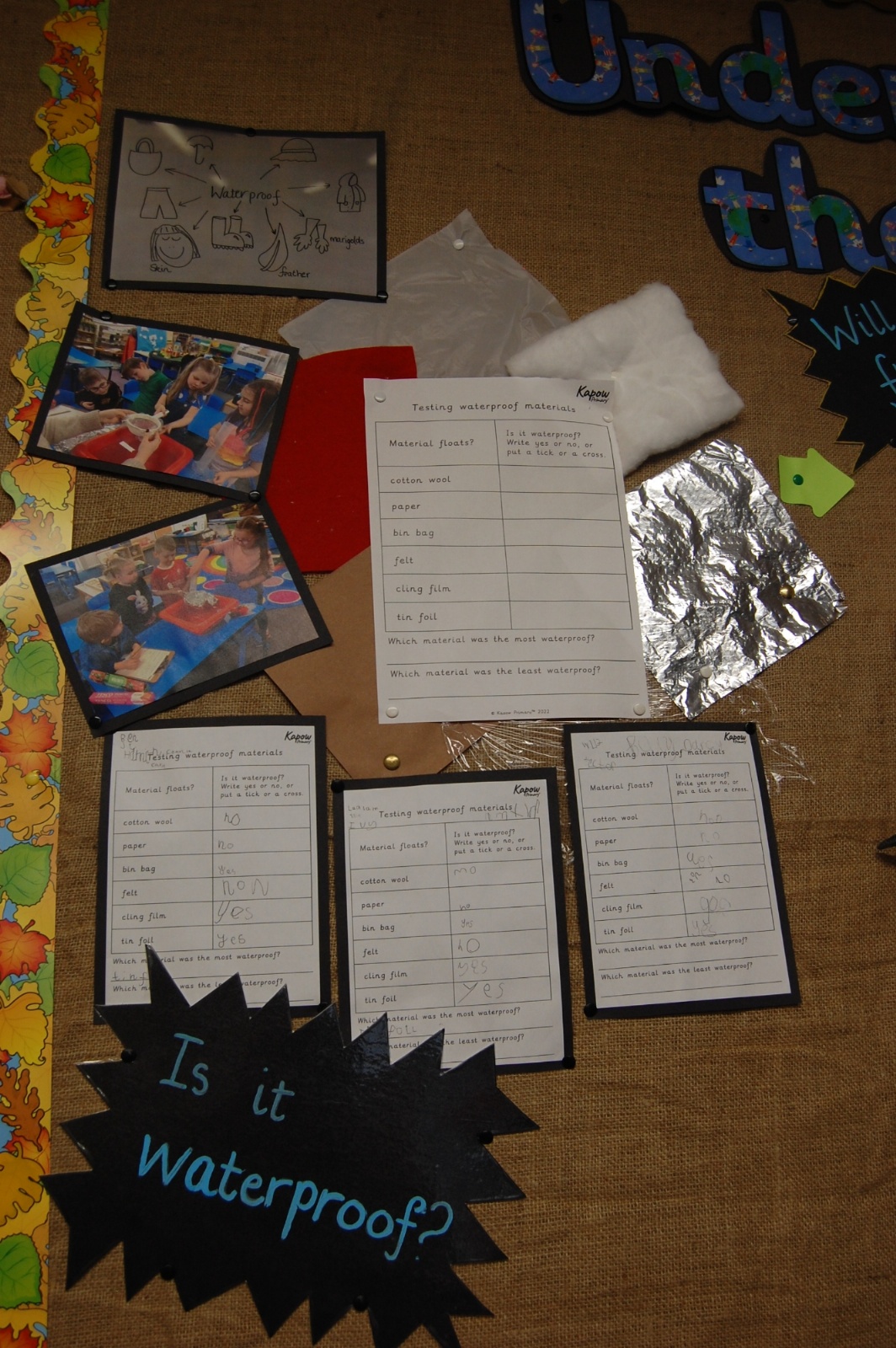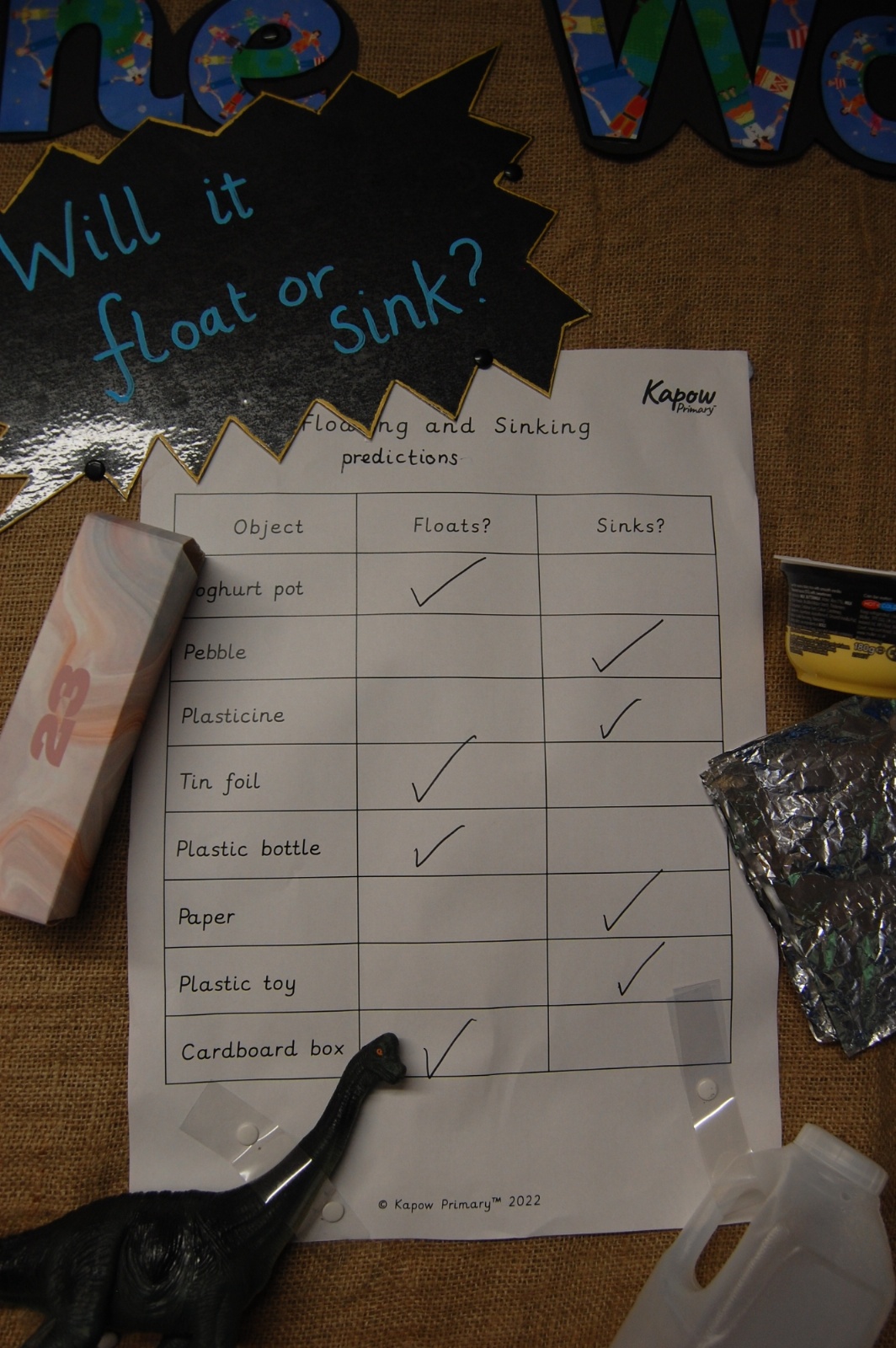Science
I enjoy learning about sunglasses in Science because we learn about lenses and how they work differently.
Pupil from Pandas class
Our Intent
Our thought-provoking Science curriculum is designed to help children to flourish as they develop a sense of excitement about the contribution of science to our past, present and future. We aim to encourage critical thinking and empower children to question the ‘hows’ and ‘whys’ of the world around them by:
- Maintaining a strong focus on developing substantive scientific knowledge and understanding, including of real-life applications, alongside the disciplinary skills used when working scientifically across Biology, Chemistry and physics
- Fostering curiosity and excitement about familiar and unknown observations
- Challenging misconceptions and demystifying truths
- Providing clear progression by building on practical and investigative skills across all units
- Encouraging critical thinking, with the ability to ask perceptive questions and explain and analyse evidence
- Developing scientific literacy using wide-ranging, specialist vocabulary
Our English curriculum is based on the requirements of the Early Years Foundation Stage Profile in Reception and the National Curriculum in Key Stages 1&2. We aim to give all children the best opportunity to become competent in all aspects of English so that they can speak, read and write clearly, accurately and coherently. This is central to ensuring that all children are well prepared for their lives now and in the future so that they can:
- Read easily, fluently and with good understanding
- Develop the habit of reading widely and often, both for pleasure and information
- Acquire a wide vocabulary, an understanding of grammar and knowledge and the conventions for reading, writing and spoken language
- Appreciate a rich and varied literary heritage
- Write clearly, accurately and coherently, adapting language and style in and for a range of contexts, purposes and audiences
- Use discussion in order to learn; they should be able to elaborate and explain clearly their understanding and ideas
- Speak and listen effectively
Implementation.
We follow a carefully planned progression of skills and knowledge from Reception to Year 6.
The curriculum is carefully structured to support pupils in developing foundational and pre-requisite knowledge so that they are well prepared to access later content. Pupils make connections between prior and new learning and practice the skills, techniques and methods taught with increasing proficiency.
Our Science curriculum has a spiral structure and is planned to:
- Have increasing complexity; so that each time a skill or area of knowledge is revisited it is covered more fully allowing pupils to make connections and broaden their contextual knowledge
- Provide opportunity to study a broad range of equipment and methods to test an hypothesis
- Engage with increasingly complex ideas and ethical dilemmas
- Provide a strong understanding of seven key areas: animals including humans, living things and their habitats, plants, materials, energy, forces – Earth and space and making connections
- Be inclusive, so that all can experience the joy of science and make links between science learning and their lives outside of the classroom
Pupils in key stages one and two will be taught six units of Science each year.
Impact
The impact of the Science curriculum will be evident through pupils’ work showing how:
- Maintaining a strong focus on developing substantive scientific knowledge and understanding, including of real-life applications, alongside the disciplinary skills used when working scientifically across Biology, Chemistry and physics
- Fostering curiosity and excitement about familiar and unknown observations
- Challenging misconceptions and demystifying truths
- Providing clear progression by building on practical and investigative skills across all units
- Encouraging critical thinking, with the ability to ask perceptive questions and explain and analyse evidence
- Developing scientific literacy using wide-ranging, specialist vocabulary
Has ensured pupil’s readiness for their future learning.
Impact will be monitored by teachers and leaders in line with the teaching and learning policy.
Gallery
